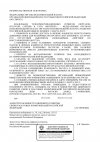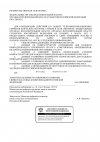Mendel
Senior Member.
Source: https://m.imgur.com/gallery/J6kR9tB
Source: https://m.imgur.com/gallery/XbevosG
See also:
- https://www.metabunk.org/threads/russia-and-ukraine-current-events.12289/post-266681 (tass on invasion)
- https://www.metabunk.org/threads/russia-and-ukraine-current-events.12289/post-266704 (nuclear rearmament of Ukraine)
- https://www.metabunk.org/threads/russia-and-ukraine-current-events.12289/post-266719 (discriminatory reporting)
- https://www.metabunk.org/threads/russia-and-ukraine-current-events.12289/post-266798 (fake images on social media)
- https://www.metabunk.org/threads/russia-and-ukraine-current-events.12289/post-266834 (power is mythological)
- https://www.metabunk.org/threads/russia-and-ukraine-current-events.12289/post-266896 (journalist access)
- https://www.metabunk.org/threads/russia-and-ukraine-current-events.12289/post-266934 (BBC about state TV)
- https://www.metabunk.org/threads/russia-and-ukraine-current-events.12289/post-266941 (premature victory article, see https://web.archive.org/web/20220226051154/https://ria.ru/20220226/rossiya-1775162336.html )
- https://www.metabunk.org/threads/russia-and-ukraine-current-events.12289/post-266942 (Ekho Moskvy, social media)
Last edited:



